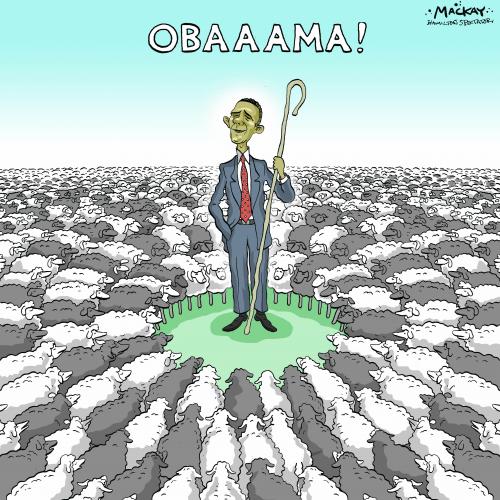Yesterday Iraq. Today Libya. "Paying the Price.": Children are the Unspoken Victims of US-NATO Wars
by Felicity Arbuthnot
March 22, 2011
"Paying the Price" - Again.
Now Libya's people are "paying the price", for being, well, Libyan, I am reminded of another people that, to use the words of the appalling Madeleine Albright, then US., Ambassador the the UN., were : " ... a price worth paying." She was talking of the deaths of half a million Iraqi children, on 12th May 1996.
When I was involved, as Senior Researcher, in John Pilger's ground breaking documentary on the reality of what was happening, in Iraq, resultant from America and Britain's (arm twisted) UN., backed embargo, not from the actions of the regime, one scene has stayed with me to haunt.
I took Pilger and his three person film crew to a small graveyard, in a remote area in Northern Iraq, where, a few months before, five child shepherds and their Grandfather had been buried.The youngest child was nearly six and the oldest was thirteen. They had been blown to pieces in the US., UK., (illegally) imposed "no fly zone." As Libya, the mis-noma meant the British and Americans could fly and bomb, and the Iraqis had no means of protection and could not even even fly commercial airliners.
The story, as told to me by one of those who had run, on hearing and seeing the bombing, to try and rescue them was harrowing and chilling. The 'planes he said, had circled low, so could certainly see the children, the older man and, it transpired, two hundred sheep, alone on the ancient, remote, Nineveh plain.
Then they bombed. The family was blown to bits. The rescuers spent the day collected the still warm pieces, trying to identify as much as they could to ensure each was ensured their own final resting place and not the all muddled together in an eternal discourtesy. He lowered his eyes as he said: "We tried, but there was so little, we are still not sure if there were pieces of sheep we had mistaken .."
We were taken to the graves by the children's Uncle. The youngest child had been exited at the prospect of going to school and had taken a notebook and pencil with him on his shepherding duties, to practice writing. Pilger asked whether the Uncle would be kind enough to bring the note book to us, so it could be recorded on film, the child's writing, as a small tribute; memorial.
When he returned, he was accompanied by a tiny woman, in a shabby and not too clean abaya. In a region where cleanliness is obligatory, she clearly had lost pride, will and nearly mind. She was the mother of the children and daughter of their Grandfather.
She walked down the steep, dusty path, to the graves, as if unaware of anything, tranced, mesmorised. She sat, silent, stone-still, on the smallest grave. That of the five year old. After some minutes, she walked back up the dusty path, in the searing heat. I was standing at the top, away from the film crew. I put out my hand, and stammering, attempted, impossibly, to find the words to somehow address the enormity of her tragedy. She listened to my inadequate, pathetic effort, put her hand in mine. It was ice cold, in an Iraq August of perhaps 130 degrees. She looked up at me, seemingly a representative of a country who had wrought this catastrophe on a tiny woman, from a tiny community, and her family, watching over their sheep.
"I want nothing from any of you", she said: "But I would just like to meet the pilot of that 'plane." She withdrew her icy hand and disappeared over the hill.
Yesterday Iraq. Today Libya. "Paying the price."


No comments:
Post a Comment